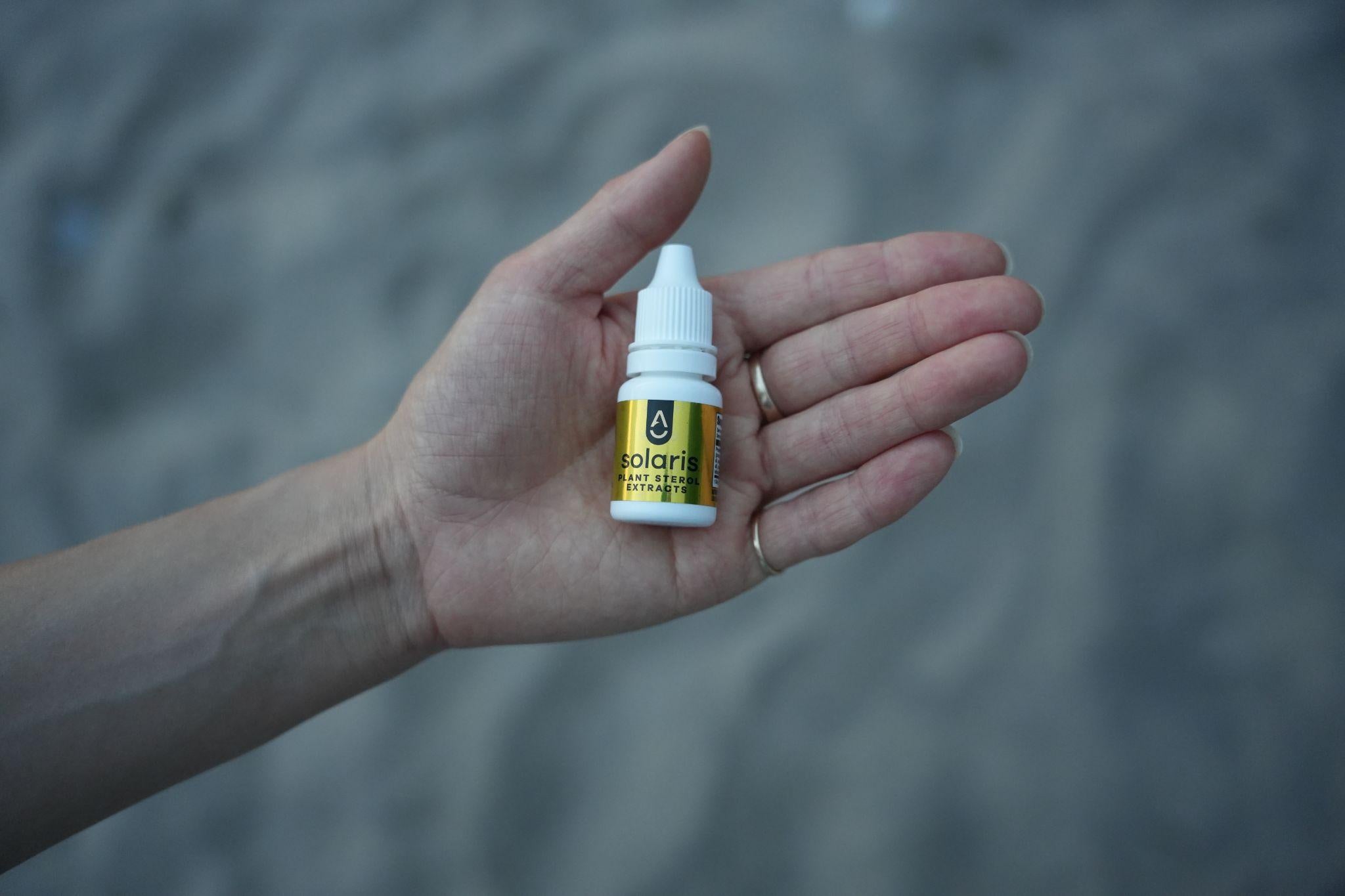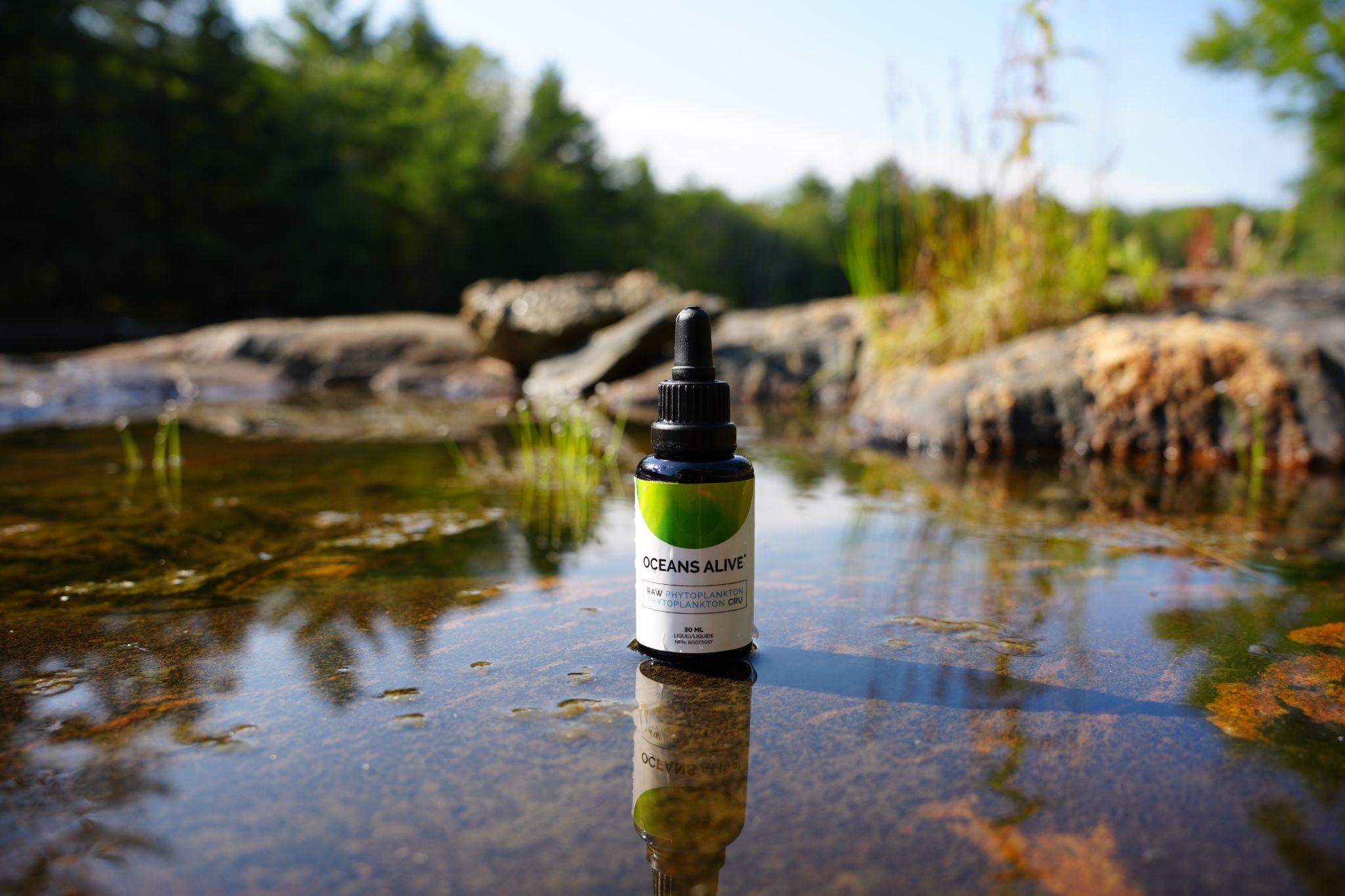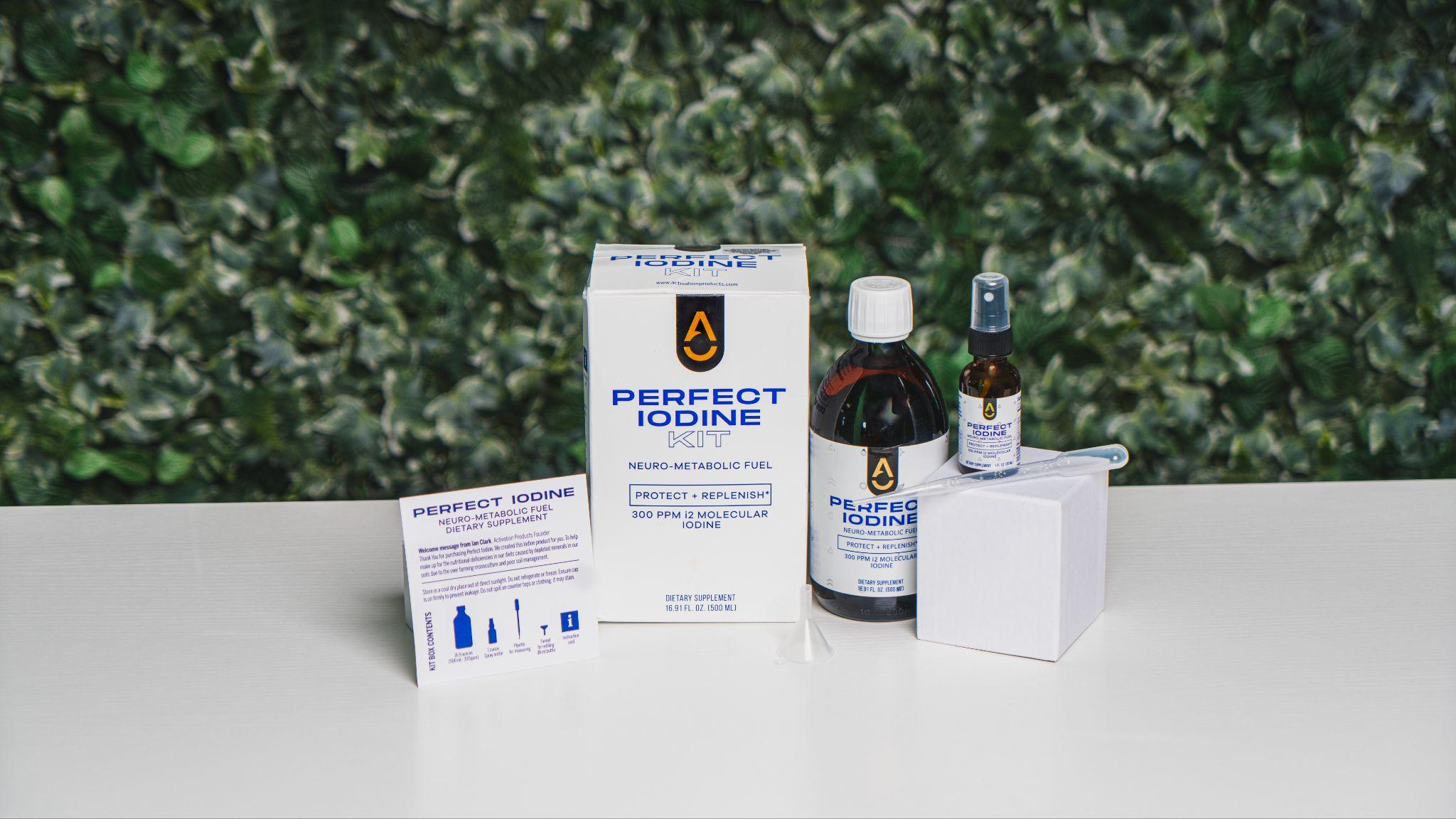
We all know that our mental abilities tend to decline as we age. Though we may joke about the occasional "senior moment", most of us also know that there are real risks of serious memory loss and cognitive ability that can come with getting older.
Memory deterioration is usually caused by lost brain cells or changing connections between them. This may not be entirely avoidable, but there are things you can do to boost your brain’s vitality. By maintaining an active brain you protect brain cells and encourage cell connections. You may even be able to generate new brain cells. Studies show that maintaining healthy brain activity throughout your life can even prevent conditions like Alzheimer's.
We’ve put together a list of 8 simple actions you can add to your routine to improve your brain stamina. Most of these are fairly easy to adopt and a lot of them are fun too!
8 Great Ways to Nourish Your Noggin

1. Get schooled
Studies suggest that the higher your level of education, the better your memory will be, and if you have a lot of schooling, you're likely to maintain your memory and cognitive skills for longer than someone with less education. Experts believe that the regular mental challenge of continuing education could be key to long-term brain health. This is because you get daily mental exercise when you put yourself in an environment that encourages you to use your memory and form new brain cell connections.

2. Catch some zzzzzs
In case you've already forgotten, we mentioned above that memory decline is the result of lost connections in the brain. When you make a new memory, you are making a new cellular connection, which happens in two parts. The second stage in that process happens while you sleep. In this stage the memory becomes fixed, meaning that the neural connections are physically made and the memory is stored for recollection down the road.
Without enough sleep, these connections may not form and information could be lost. In other words, when you get enough sleep you protect the memories that you make while you're awake. Experts suggest that taking a 20-minute nap in the afternoon can help with memory saving, even if you get good sleep at night. A nap can also help by improving your focus and ability to learn.
Read here to see how sleep affects your blood sugar.

3. Play an instrument
Lecia Bushak at Medical Daily says that "Music stimulates the brain, and learning how to play a new instrument is one of the most complicated and glorious ways to exercise our mind-body connection and learning, memory, and coordination skills. Studies have of course shown that young children who learn music end up having stronger connections in the motor regions of the brain." Listening to classical music helps with information retention; playing an instrument takes that even farther. Learning to read music and training your hands to perform the necessary movements are both stimulating for the brain, in different ways. Plus, music can be soothing, as playing it produces dopamine, a neurotransmitter that elevates your mood.

4. Fall in love with literature
It should come as no surprise that reading can improve brain health and benefit your memory. Lana Winter-Hebert at LifeHacks.org observes that reading is an excellent practice for mental stimulation.
She writes that: "Studies have shown that staying mentally stimulated can slow the progress of (or possibly even prevent) Alzheimer’s and Dementia, since keeping your brain active and engaged prevents it from losing power." Regardless of what you're reading, there are always things to remember so that the content makes sense.
When you read a history book there are dates and people and places to remember. When reading a novel you can vastly enhance the experience by remembering small details that the author may bring up again later to add layers of meaning to the story. Plus, reading before bed instead of watching television or using your smart-phone is better for your eyes and can help you sleep more soundly.

5. Work that body
Everybody knows that you don't get a healthy body by lazing about, and it isn’t the way to a healthy brain either. Lisa Winter, writing for APlus.com noted that "Physicians recommend at least 30 minutes of cardio 5 times a week in order to keep the body healthy, and getting that regular exercise keeps the brain active, making things like concentration and memory much better. Exercise also improves mood and quality of sleep, which are connected to better brain function."
Exercise gets more blood (and therefore oxygen) to your brain cells for one thing. Plus, it causes hormonal releases, which are beneficial for growing new brain cells and making new connections between brain cells. So, get out walking. Join a gym. Join a local sports team. The best exercise for brain health combines both cardio and coordination. Get up and move if you want to keep your mind youthful and sharp.

6. Socialise
Getting out and socialising can really help to maintain better brain health. Humans are social creatures and we need to be connected with others to maintain good mental health. Being with friends and family releases mood-enhancing hormones and can prevent depression, for one thing, but it goes way beyond that. Studies have shown that socialising seems to improve cognitive performance and people with active social lives are at lower risk for conditions such as Alzheimer's.

7. Puzzles
Studies suggest that puzzles can have a long-term positive effect on your brain health. Ed Zimney, MD at Everyday Health notes that: "Different parts of the brain will be exercised depending on what kind of puzzle you choose. Crossword puzzles challenge the language and memory areas while jigsaw puzzles provide exercise for the parietal lobes.” Regular puzzling alone is not a cure-all solution, but it is certainly accessible and fun too! Crosswords, sudoku, word searches and word scrambles are all great examples of on-paper puzzles and games. Traditional jigsaw puzzles are excellent brain enhancers too.
You can find puzzle books just about anywhere. Daily newspapers almost always have a section specifically dedicated to brain teasers. There are apps you can download and websites that offer brain exercising games and puzzles. Better brain health is at your fingertips, literally!

8. Feed your head
Even though we all try to eat healthy and maintain balanced diets, it never hurts to consider supplementing, ideally with whole food nutrition. When it comes to your brain, it's important to ensure that you're getting the healthy fats and other nutrients that you need. You could consider a superfood supplement like marine phytoplankton.
This oceanic food source is loaded with the nutrition your brain is craving in a form that is easy for your body to absorb and use. It improves your energy and focus, encourages deep, satisfying sleep and reduces damage caused by oxidative stress. For a pure, living marine phytoplankton supplement, look no further than Oceans Alive.
As you can see, protecting your brain for the long haul doesn’t have to be difficult. You can make enjoyable changes to your everyday routines that will help you maintain your memory to a ripe old age. Not only are you working towards better brain health, but these activities will help to improve your overall health too.
Resources
http://www.everydayhealth.com/columns/zimney-health-and-medical-news-you-can-use/keeping-your-brain-active-10-tips-for-improving-your-brain/
http://www.medicaldaily.com/brain-exercises-get-mentally-fit-6-habits-keep-your-mind-sharp-everyday-tasks-281368
http://www.health.harvard.edu/healthbeat/6-simple-steps-to-keep-your-mind-sharp-at-any-age
http://www.lifehack.org/articles/lifestyle/10-benefits-reading-why-you-should-read-everyday.html






Adrenal Fatigue: Why Everyone Has It and Nobody Knows
Perfect Press Technology